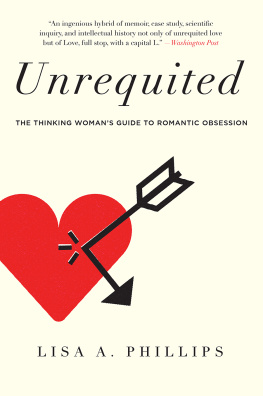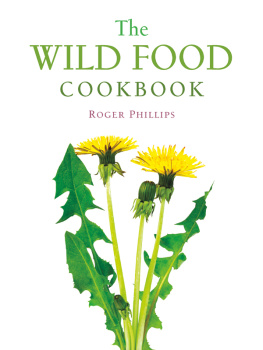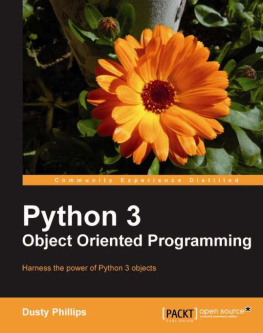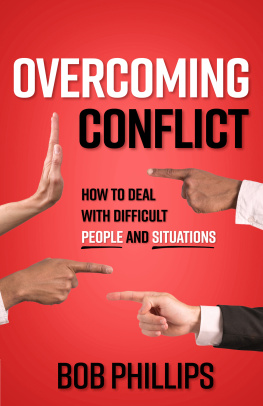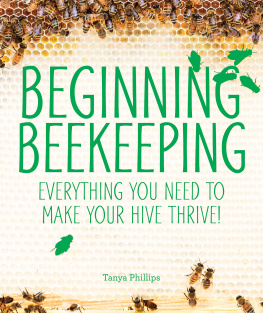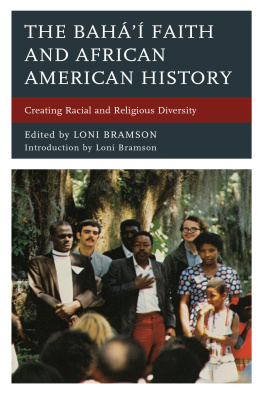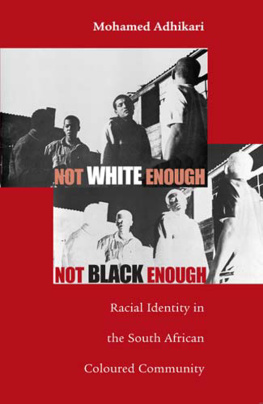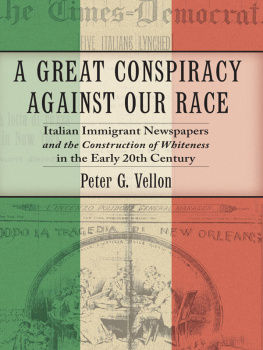WHITE METROPOLIS
Race, Ethnicity, and Religion in Dallas, 18412001
BY MICHAEL PHILLIPS

Chapter one appeared previously as White Violence, Hegemony, and Slave Rebellion in Dallas, Texas, before the Civil War, in East Texas Historical Journal 37, no. 2 (fall 1999). Courtesy of East Texas Historical Association and Dr. Archie P. McDonald, editor.
Copyright 2006 by the University of Texas Press
All rights reserved
Printed in the United States of America
First edition, 2006
Requests for permission to reproduce material from this work should be sent to:
Permissions
University of Texas Press
P.O. Box 7819
Austin, TX 78713-7819
http://utpress.utexas.edu/index.php/rp-form
Library of Congress Cataloging-in-Publication Data
ISBN 978-0-292-79619-5 (library e-book); ISBN 978-0-292-77424-7 (individual e-book)
Phillips, Michael, 1960
White metropolis : race, ethnicity, and religion in Dallas, 18412001 /
by Michael Phillips. 1st ed.
p. cm.
Includes bibliographical references and index.
ISBN 0-292-70968-4 (cl. : alk. paper)
ISBN 0-292-71274-x (pbk. : alk. paper)
1. Dallas (Tex.)Race relationsHistory. 2. Dallas (Tex.)Ethnic
relationsHistory. I. Title.
F394.D219A25 2006
305.80097642812dc22
2005008255
CONTENTS
PROLOGUE: THROUGH A GLASS DARKLY
Memory, Race, and Region in Dallas, Texas
1. THE MUSIC OF CRACKING NECKS
Dallas Civilization and Its Discontents
2. TRUE TO DIXIE AND TO MOSES
Yankees, White Trash, Jews, and the Lost Cause
3. THE GREAT WHITE PLAGUE
Whiteness, Culture, and the Unmaking of the Dallas Working Class
4. CONSEQUENCES OF POWERLESSNESS
Whiteness as Class Politics
5. WATER FORCE
Resisting White Supremacy under Jim Crow
6. WHITE LIKE ME
Mexican Americans, Jews, and the Elusive Politics of Identity
7. A BLIGHT AND A SIN
Segregation, the Kennedy Assassination, and the Wreckage of Whiteness
ACKNOWLEDGMENTS
This book represents a tribute to the patience and commitment of my parents, Joseph Touart Phillips and Marie Louise Phillips. Both endured poverty in the Depression-era Deep South, yet they devoted their full energies to seeing that their children enjoyed a life filled with greater opportunity. My mother generously supported every step of my education both financially and emotionally and even served as a typist when I indulged in my short-lived career as an overwrought teenage novelist. My father, Joseph Phillips, was a true working-class hero. His father had abandoned him and five siblings during the depths of the Great Depression, and my father spent part of his childhood in a Catholic-run orphanage in Mobile, Alabama. Inspired by patriotism and a desire to find work, he enlisted in the Marine Corps, where he served for twenty-two years, seeing combat action in both Korea and Vietnam. My father was the ultimate history buff, and I think that in his sixty-eight-year life he read every book published on the Civil War and World War II. I hold an enduring image of him returning from the library on Saturdays with huge stacks of books under each arm. He inspired both my love of reading and my fascination with history. I must also thank my sister, Marie Diane Pugh, who served as my first literary audience and who patiently plowed through some of the worst fiction and poetry ever written, all scrawled in my unreadable calligraphy.
My deepest appreciation goes to John Dycus, the extraordinary editorial adviser to The Shorthorn, the University of Texas at Arlington student newspaper, where I worked as an undergraduate. Dycus more than any person helped me discover my voice as a writer and honed my skills so that all my profound insights were not lost in a flood of clumsy verbiage. I must also thank friends who read portions of my dissertation and gave advice: Carman C. Curton, Patrick Cox, Lee Thompson, Lore Kuehnert, Mary Shomon, Kelly Bender, Steve Bender, Linda Van Ingen, Janet Neff, and my uncle Patrick Phillips. Julia Hickmans support was of incalculable value. Special thanks go to my siblings-in-law Stephanie Camfield for being a patient and kind listener, Sara Weeks for running down Dallas crime statistics while I was still living in California, and Ben Shub for his crucial legal advice. I also owe a debt to Jerome Weeks for his discussions of Dallas cultural life and the State-Thomas neighborhood.
I want to thank Jon Weist for always being there as a friend. Lacey Veal, you are a beloved daughter to me. You have been an invaluable support for our family as well as a shining example and cool older sister for my son. I want to express my love for Danny Pugh, Jeremy Pugh, Suzanna Weeks, Will Camfield, Olivia Camfield, Celeste Camfield, Laura Shub, Allison Shub, Toby Symonds, and Noah and Will Bender, whose smiles and spirits have turned a curmudgeon into an optimist.
Alice Shub, Bill Neff, and Jeff West all shared memories of Dallas and its natural setting and pointed me toward important primary sources. William Farmer, Donald Payton, Darwin Payne, Becky Spicer, Rebecca Bennett, Lewis Johnson, and Debra Bryant offered hours of their time in answering questions about Dallas history, helping with translations, or guiding me to archives and newspaper accounts of Dallas past.
I used twelve archives while conducting this research and owe much to the staffs at these fine institutions. I would like to thank Gaylon Polatti and Rachel Roberts for their extensive assistance at the Dallas Historical Society. I would like to also thank Steve Landregan, the archivist at the Roman Catholic Diocese in Dallas; Gerry Cristol, the archivist at Dallas Temple Emanu-El; Katherine R. Goodwin of the Labor Archives at the University of Texas at Arlington; the staff at the Dallas/Texas History and Archives Division at the J. Erik Jonsson Library in Dallas, especially Carol Roark and Sarah Ewald; the staff at the Center for American History at the University of Texas at Austin; Grace G. Charles, the talented library assistant at the Hector P. Garcia Collection at Texas A&M University at Corpus Christi; and the staff at the Texas State Library Archives Division. I am especially grateful to Paul Dehaven, pastor of communications, Rae Lamburton, executive secretary, and Meg Ackley, administrative assistant, at Scofield Memorial Church in Dallas. Pastor Dehaven was courteous and extremely generous as he guided me through C. I. Scofields papers and shared his knowledge about this important Dallas minister.
The following professors provided invaluable aid, by writing recommendation letters, by answering research questions, or by above-and-beyond work as educators: Sarah Stage, Sterling Stuckey, Sharon Salinger, Robert Patch, and Brian Lloyd at the University of California at Riverside; and Richard Graham, David Montejano, Peter Jelavich, Brian Levack, Joan Nueberger, and Norman Brown at the University of Texas at Austin; Patricia Evridge Hill of San Jose State; Walter Buenger of Texas A&M University; Randolph B. Mike Campbell of the University of North Texas; Donald E. Reynolds, formerly of Texas A&M University at Commerce; and Donald S. Frazier of McMurry University, all of whom thoughtfully responded to email queries regarding nineteenth- and twentieth-century Texas. Harvey Graff of the University of Texas at San Antonio granted me an entire afternoon to discuss Dallas Origin Myth and the citys uneasy relationship with its history. Dr. Graff was friendly and accessible and offered a treasure of information; I owe him my deep gratitude.


